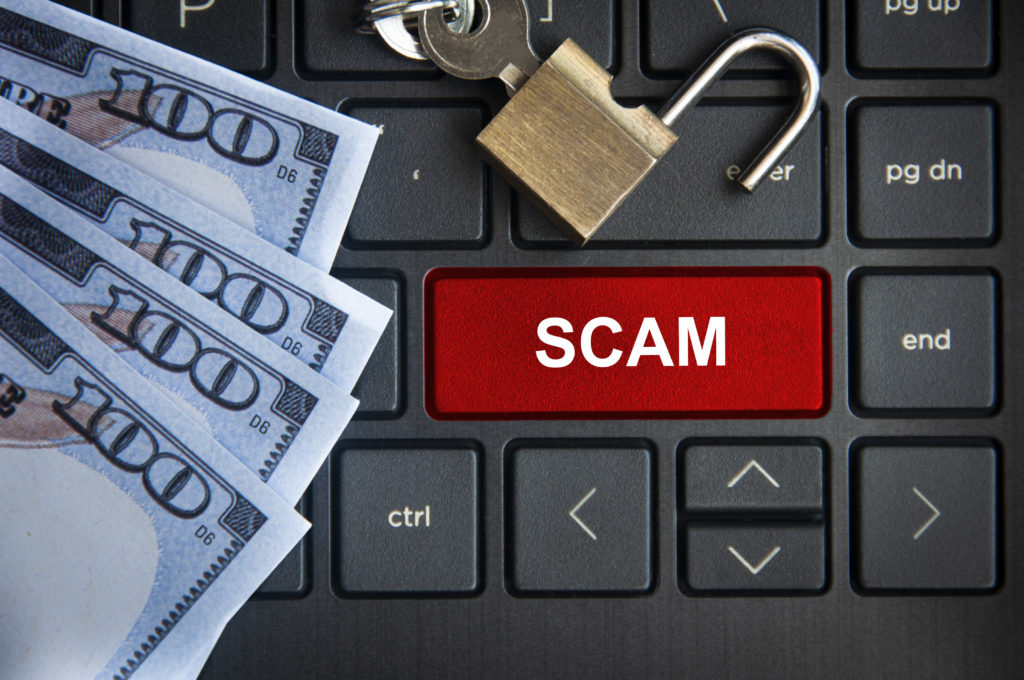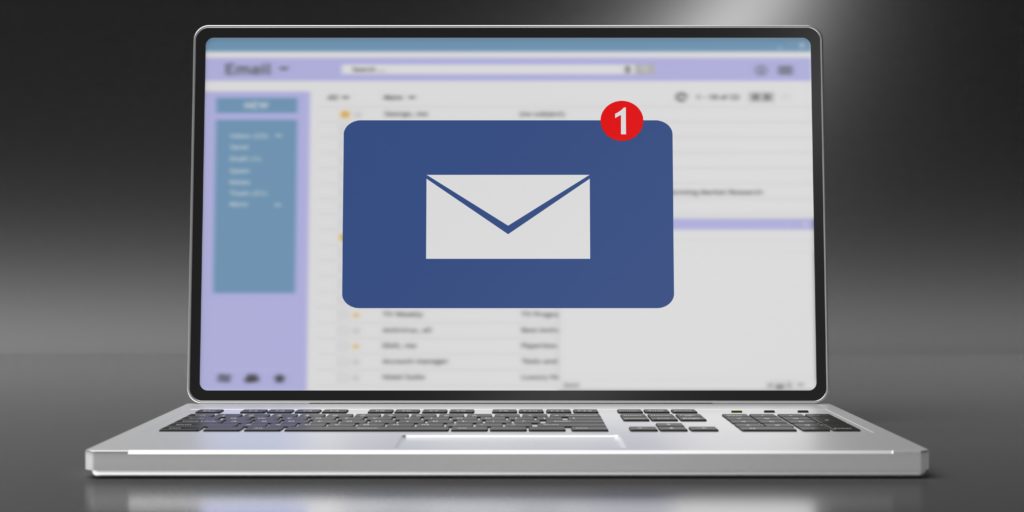Ebay Motors is a popular online marketplace where people buy and sell vehicles. However, like any other online platform, it is not immune to fraudulent activities. Unfortunately, numerous eBay Motors scams exist, and they can put buyers and sellers at risk of losing their money, time, and even their personal information.
Therefore, knowing the common eBay Motors scams and how to avoid them is essential to ensure a safe and successful transaction. In this article, we will explain ten eBay Motors scams that buyers and sellers should watch out for and provide tips on how to avoid them.
The Overpayment Scam

The Overpayment Scam is a common eBay Motors scam in which the buyer, who is the scammer, overpays for the vehicle and requests a refund for the difference.
The scammer may use a variety of excuses for overpaying, such as needing to cover additional shipping costs or a mistake in calculating the price of the vehicle. They may also claim they are in a hurry to purchase the car and are willing to pay extra to ensure a successful transaction.
Once the overpayment happens, the buyer will request that the seller refund the difference via wire transfer or by purchasing gift cards. However, the initial payment is typically made with a stolen credit card, fake check, or money order, and the overpayment amount is the scammer’s profit.
Unfortunately, many sellers fall for this scam. The overpayment may seem like an honest mistake, and they may believe they are doing the right thing by refunding the extra amount. However, once the scammer receives the refund, they disappear, leaving the seller with a fraudulent payment.
The Escrow Service Scam
The Escrow Service Scam is a fraudulent scheme targeting buyers and sellers on eBay Motors. In this scam, the scammer poses as a third-party escrow service that will handle the transaction and ensure that both parties are protected. The scammer will often create a fake website that looks legitimate, complete with professional logos and a convincing description of the escrow service.
The scammer will contact the buyer or seller and explain that they can provide a secure and safe way to transfer the funds for the transaction. They will encourage the victim to use their escrow service and may even offer discounts or other incentives to make the offer more appealing.
Once the victim agrees to use the escrow service, the scammer will request that they wire the funds to the service. However, the “escrow service” is actually controlled by the scammer. Once they receive the payment, they disappear, leaving the victim with no vehicle and no way to recover their money.
The Shipping Scam

The Shipping Scam is a common eBay Motors scam that preys on buyers interested in purchasing a vehicle in another state or country. In this scam, the seller will offer to arrange the shipping of the vehicle to the buyer, typically at a discounted rate.
The seller may claim that they have a relationship with a shipping company or can use their own transportation to deliver the vehicle.
However, once the buyer agrees to the shipping arrangement and sends the payment, the seller disappears, leaving the buyer with no vehicle and no way to recover their funds. In some cases, the seller may even provide a fake tracking number to make it appear that the vehicle is on its way, but it is never shipped.
The Wire Transfer Scam
In this scam, the scammer will contact the victim and offer to buy or sell a vehicle using a wire transfer for payment. The scammer will often provide a convincing reason for why they cannot use a more secure payment method, such as PayPal or a credit card.
Once the victim agrees to the wire transfer, the scammer will provide false information about their bank account or routing number. The victim will then transfer the funds to the scammer’s account, but the scammer will disappear, leaving the victim with no vehicle or money.
The Phantom Vehicle Scam
The Phantom Vehicle Scam is an online scam that preys on unsuspecting eBay Motors customers. In this con, the vendor advertises a car for sale at an extremely low price, well below the car’s actual market worth. However, the marketed vehicle does not exist; thus, the term “Phantom Vehicle.”
Scammers target potential buyers by luring them into sending them wire transfers or other untraceable money after they’ve shown interest in purchasing a vehicle. The victim is left without a car and little recourse once the con artist vanishes.
The Switcheroo Scam
The Switcheroo Scam is a prevalent fraud practiced by buyers and sellers on eBay Motors. In this con, the scammer will pretend to buy a car from the vendor or sell one to the victim. But when the buyer or seller arrives to view or get the car, the con artist tries to swap it with an identical but inferior or damaged one.
For instance, the vendor may say they are selling a vehicle in excellent condition, but when the customer picks it up, they attempt to give them a car with major mechanical problems or body damage.
The Fake Email Scam

Both buyers and sellers are susceptible to the Fake Email Scam widespread on eBay Motors. The fraudster will contact the victim through email, saying to be from eBay Motors or a reputable payment provider like PayPal. The email will usually ask the recipient for sensitive information (such as a password or credit card number) or include a link that leads to a phishing website.
The victim is duped into thinking their account has been hacked or there is a payment problem. They are then pressured into taking fast action.
The Counterfeit Check Scam
If you’re a seller on eBay Motors, you should be aware of the Counterfeit Check Scam. The con artist will call the seller and pretend to be interested in buying the car. The scammer will next propose to pay the agreed-upon sum using a cashier’s check or money order.
The fraudster will then ask the seller to deposit the check and will take the vehicle with them. The check is usually fake, and the con artist runs off with the car before the seller knows what happened.
The Title Washing Scam
Title washing is a widespread fraud used against purchasers on eBay Motors. In this con, the vendor advertises the vehicle’s clear title while, in fact, it is forged. A salvage or branded title indicates that the car has been damaged or declared a complete loss by an insurance provider, and the seller may change the title to conceal this information.
The con artist then sells the car to a gullible customer, who finds out too late that the title is fake and the car is not worth as much as the scammer led them to believe.
Title Washing Scams may be avoided by always requesting a vehicle history report and thoroughly inspecting the title before purchasing. Buyers should also have a reliable mechanic check the car to ensure it is in excellent shape and has not been in any significant accidents.
The Phishing Scam
A typical fraud affecting buyers and sellers on eBay Motors is Phishing. In this phishing attack, the perpetrator poses as eBay Motors or a reputable payment processor like PayPal and convinces the victim to click a link in the email before receiving any of their personal or financial details.
A typical victim’s experience upon clicking such a link is being sent to a malicious website designed to seem like the legitimate eBay Motors or payment service page before being tricked into entering their username/password, credit card number, or other personal information.
Scammers utilize information provided by victims to commit identity theft or to make transactions in the victim’s name.
Conclusion
Unfortunately, eBay Motors scams are common and can result in significant financial loss for buyers and sellers. It is crucial for all parties involved to be aware of the various types of scams and take precautions to avoid falling victim to them.
Buyers should always conduct thorough research, review all documents carefully, and be cautious of deals that seem too good to be true. They should also be wary of sellers who pressure them into making quick purchases or refuse to provide additional information.
Sellers should also be cautious when dealing with potential buyers, especially those who offer to pay more than the asking price or insist on using a specific payment method. They should always verify the legitimacy of a buyer before shipping the item and be wary of potential scams.
All eBay Motors users must remain vigilant and report any suspicious activity to eBay Motors or law enforcement immediately. By taking these steps, we can help to prevent eBay Motors’ scams and protect ourselves and others from financial harm.






















